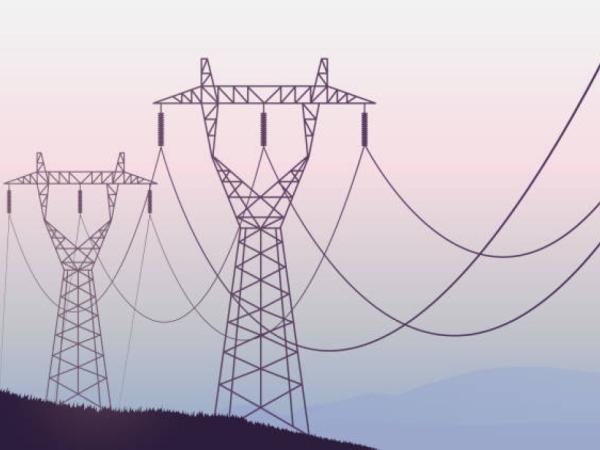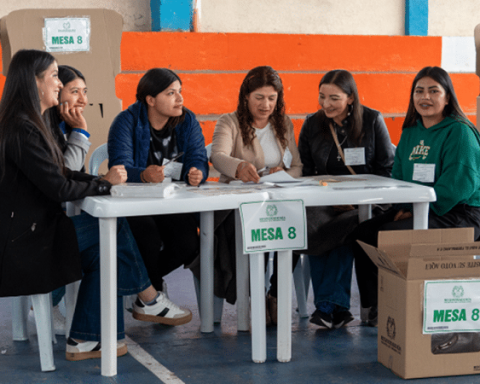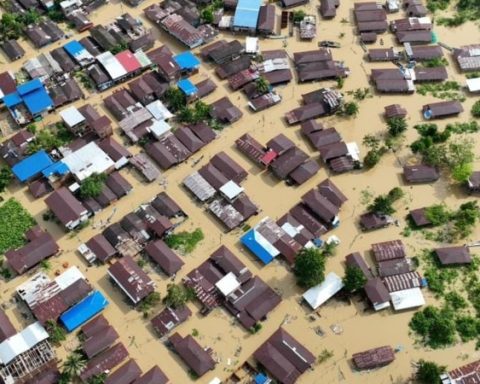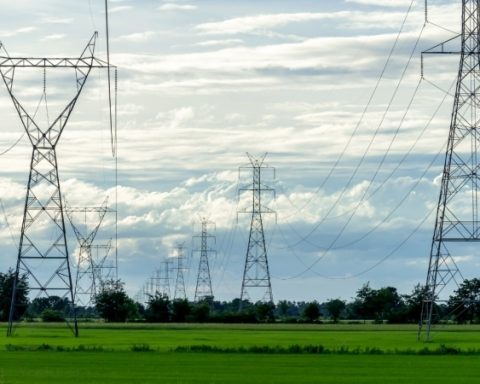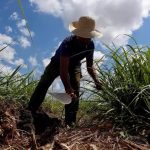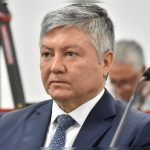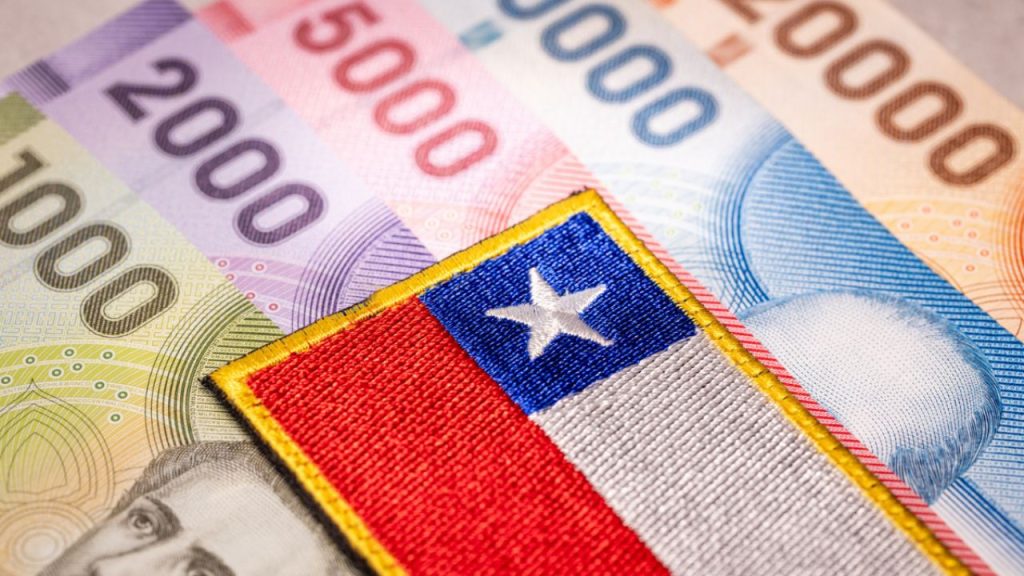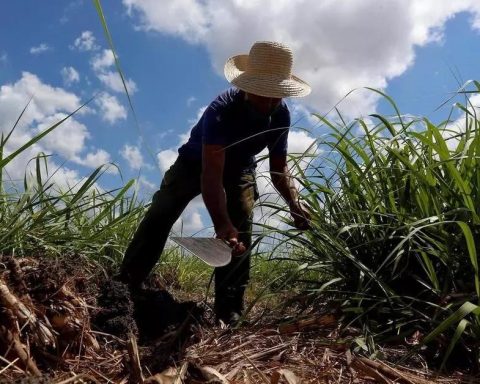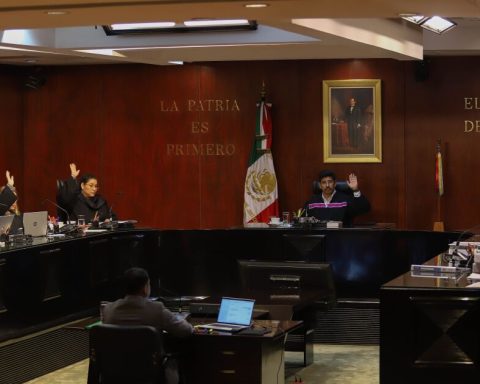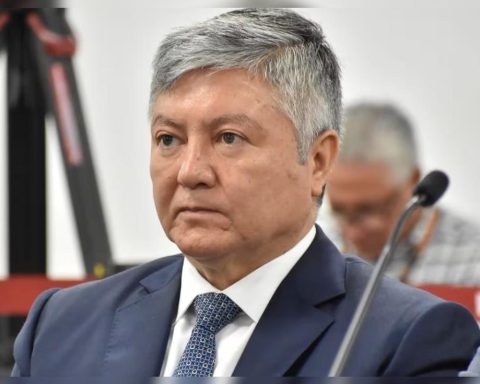The Colombian Government will resume the sale of energy to Ecuador to reduce the electrical crisis that affects the entire Ecuadorian territory, subject to severe blackouts of up to 12 hours a day on a national scale, reported the Foreign Ministry in Quito and the Minister of Mines and Energy of Colombia, Andrés Camacho.
(Read: The VAT map in Latin America: in which countries is it highest?).
The Ecuadorian Ministry of Foreign Affairs reported in a statement that “by virtue of the excellent bilateral relations, Colombia will provide electricity to Ecuador, in support of the current energy crisis.”
Ecuador thanked “the willingness of the Government of Colombia to cooperate in the current situation” of high electricity generation deficit, due to the severe drought that has affected the flows of the rivers that feed its main hydroelectric plants.
For the Ecuadorian Foreign Ministry, the cooperation process with Colombia on the electrical issue “reflects the teamwork of both countries”.
For his part, the Colombian Minister of Mines and Energy, Andrés Camacho, said that “Considering the current climatic conditions, Colombia, in the midst of our energy system recovery process, will provide electricity to Ecuador in support of the brother country’s current energy crisis. “We will continue permanent monitoring of the system variables to guarantee the national energy supply.”.
Considering the current climatic conditions, Colombia, in the midst of our energy system recovery process, will provide electricity to Ecuador in support of the brother country’s current energy crisis. We will continue permanent monitoring of the variables of the…
— Andrés Camacho M. (@andrescamachom_) November 17, 2024
The Government of Ecuador has established severe periods of energy rationing on a national scale for several months, which are currently up to 12 hours a day depending on sectors, which has generated economic losses that the Quito commercial union estimates at 7.5 billion dollars.
Last October Colombia, which also suffered from generation problems due to the drought in its territory, had decided to suspend the sale of energy to Ecuador.
(Also: How effective has the regulation of labeling and taxes on sugary products been?).
The severe drought, the worst in the last 60 years according to the Government of Quito, affects the main Ecuadorian hydroelectric plants, especially the Coca-Codo-Sinclair plant (the largest, with 1,500 megawatts of power) and the complex of the plants Mazar, Paute and Sopladora, which together generate about 1,700 megawatts.
In addition to the drought, The lack of investment and maintenance of hydroelectric and thermoelectric plants (that use oil) in recent years has contributed to the current crisis, as the authorities have accepted..
EFE
